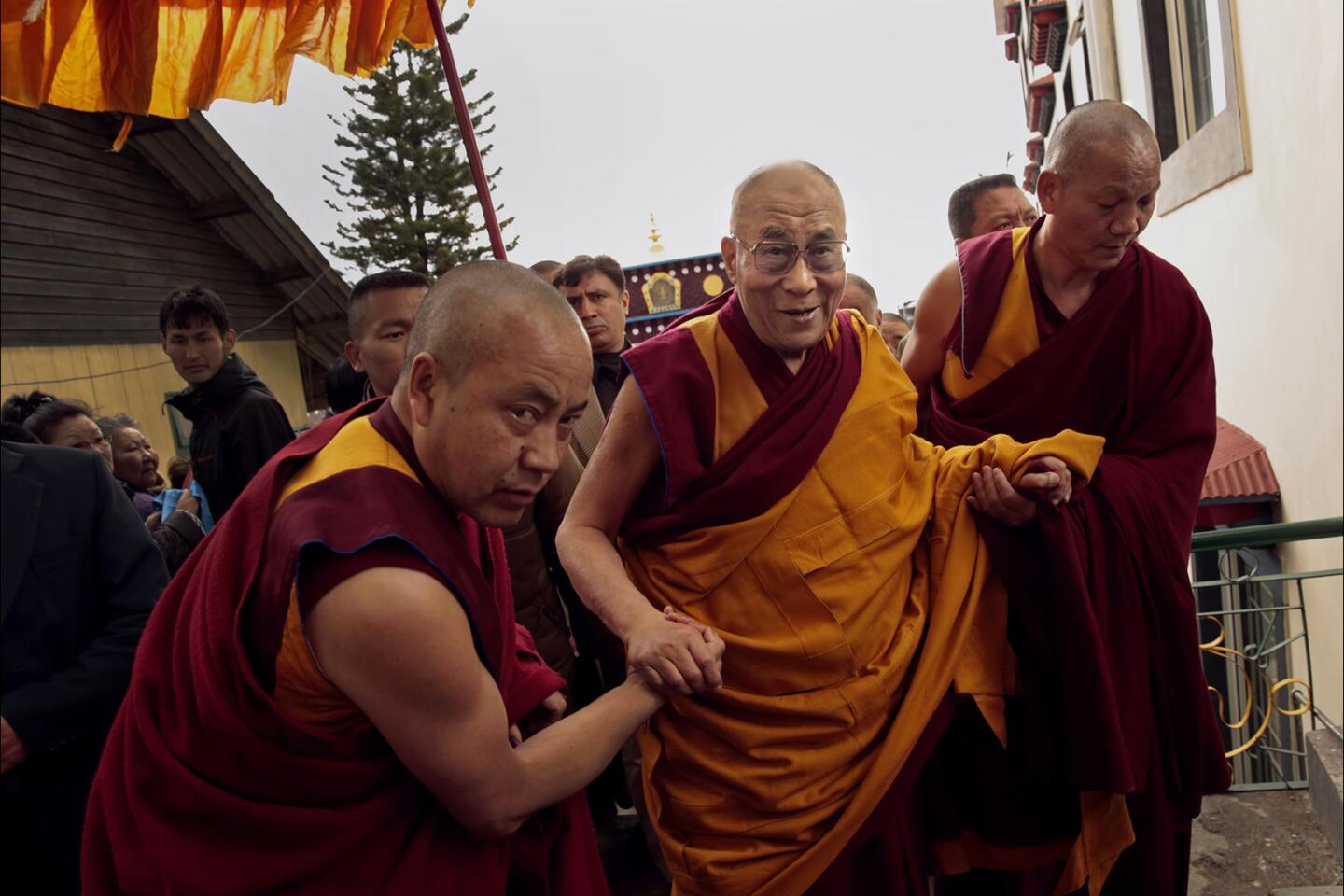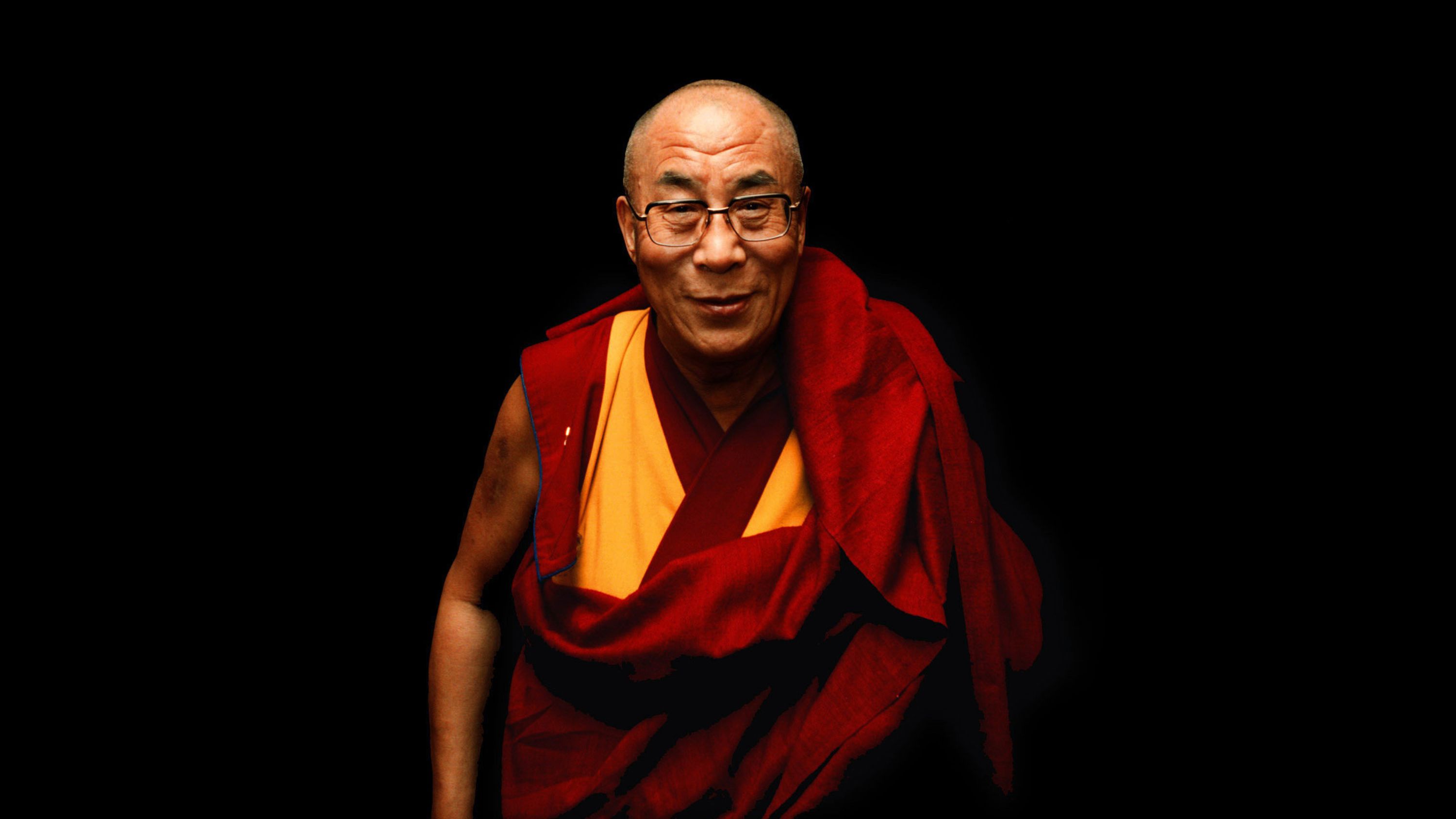The 14th Dalai Lama is 89 years old. The question of who will succeed him has sparked a power struggle between India and China. Beijing wants to be solely in charge of choosing the next Tibetan spiritual leader. In its eyes, Tibet belongs to China. The Dalai Lama has been living in exile in India since 1959. The older he gets, the more important the question of his succession becomes — not only for the future of Tibet, but also for global geopolitics. India, the United States and the European Union support Tibet, which has demanded autonomy since its annexation by China in 1950. China, meanwhile, does not recognize the Dalai Lama's government in exile. Beijing is now determined to take sole responsibility for appointing the next Dalai Lama, raising fears that the debate could have serious political consequences. Tensions between China and India have been exacerbated by a conflict over a disputed border, which has been smoldering since 1962. When Mao Tse-tung's People's Liberation Army invaded Tibet, India lost the Buddhist neighbor that lay between it and Communist China. With the Tibetan people forced to assimilate, India granted asylum to the 14th Dalai Lama and numerous other refugees, much to Mao Tse-tung's displeasure. Since then, conflict has simmered, especially in the disputed Himalayan border region. By taking power in Tibet, China was also able to secure valuable mineral resources such as chromium, copper, borax, uranium and lithium. It also gained control over the sources of Asia's largest rivers -- something India sees as a threat to its supplies of fresh water. Tibetans themselves are caught in a standoff between the two most populous nations in the world, which are also major economic powers. It is not easy for them to make their voices heard, despite the best efforts of their spiritual leader.

Related article - Unisex Softstyle T-Shirt

DW Documentary



